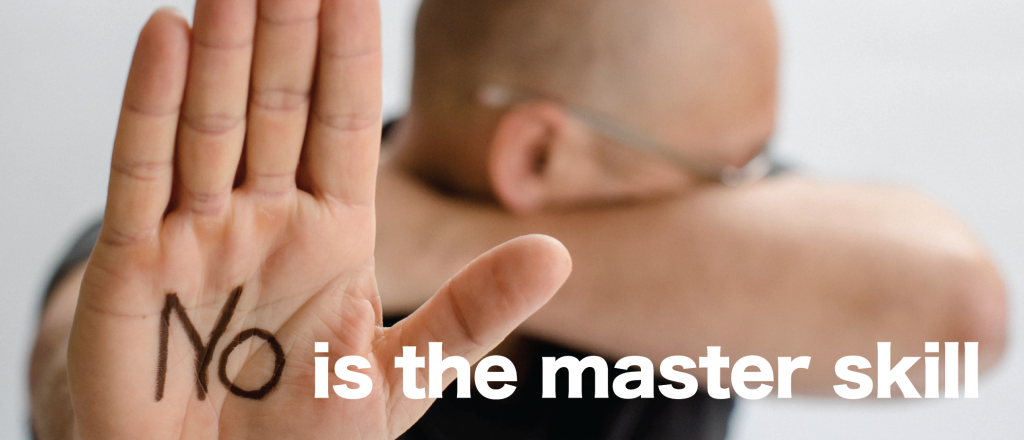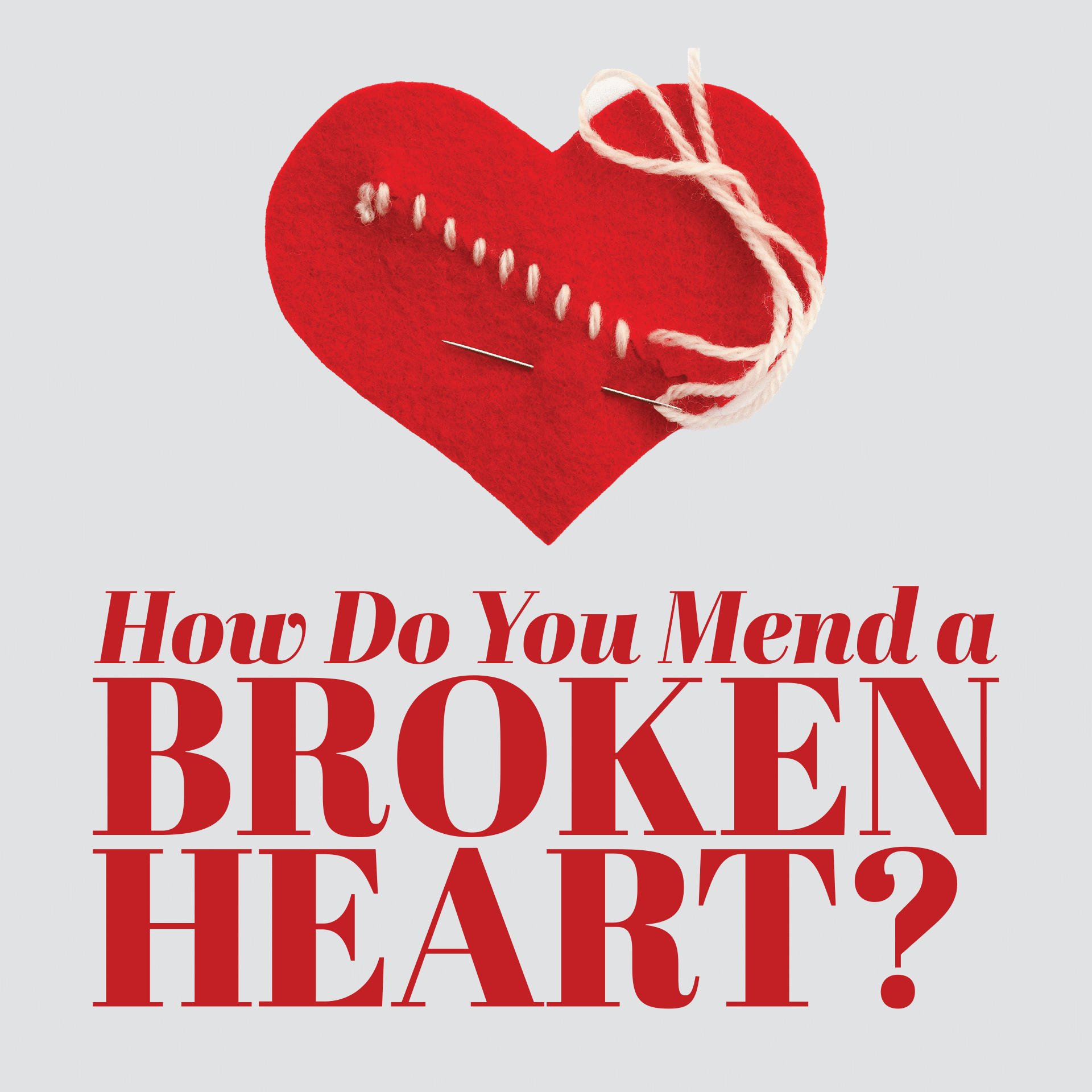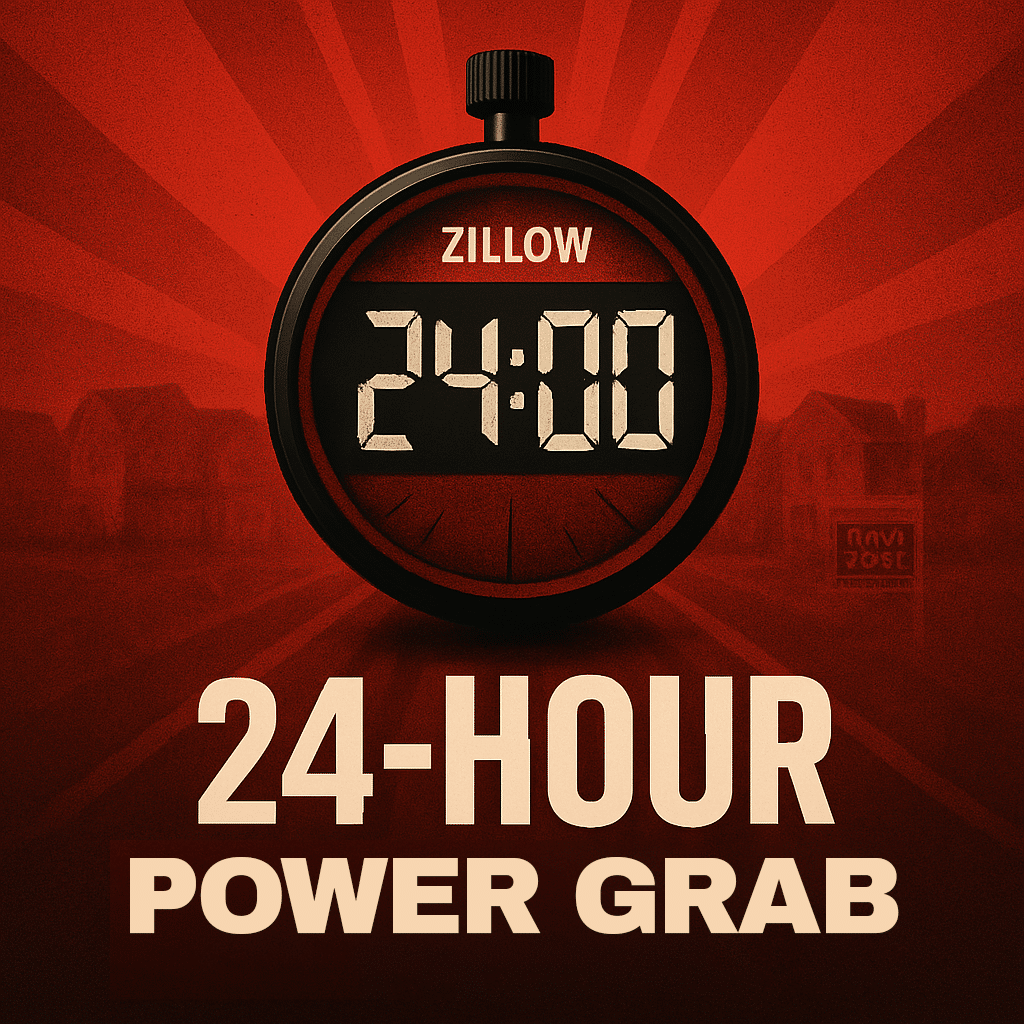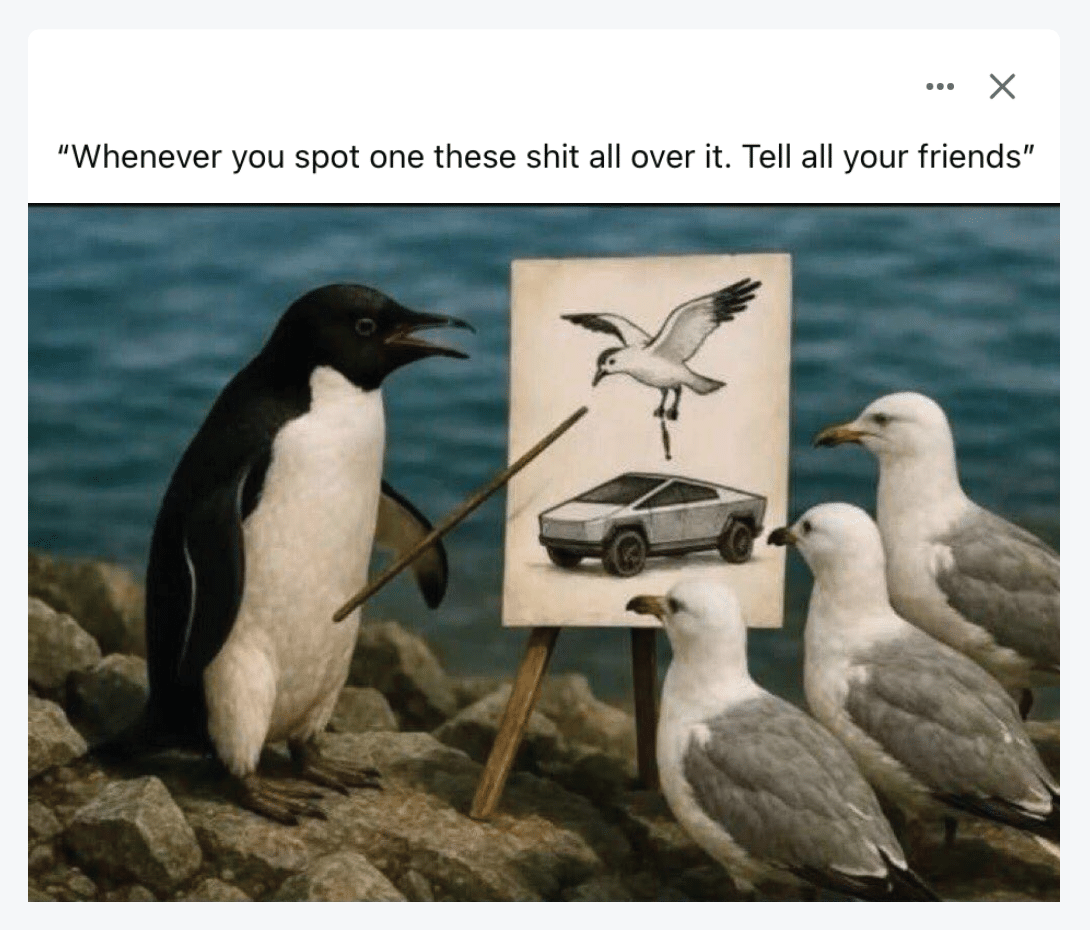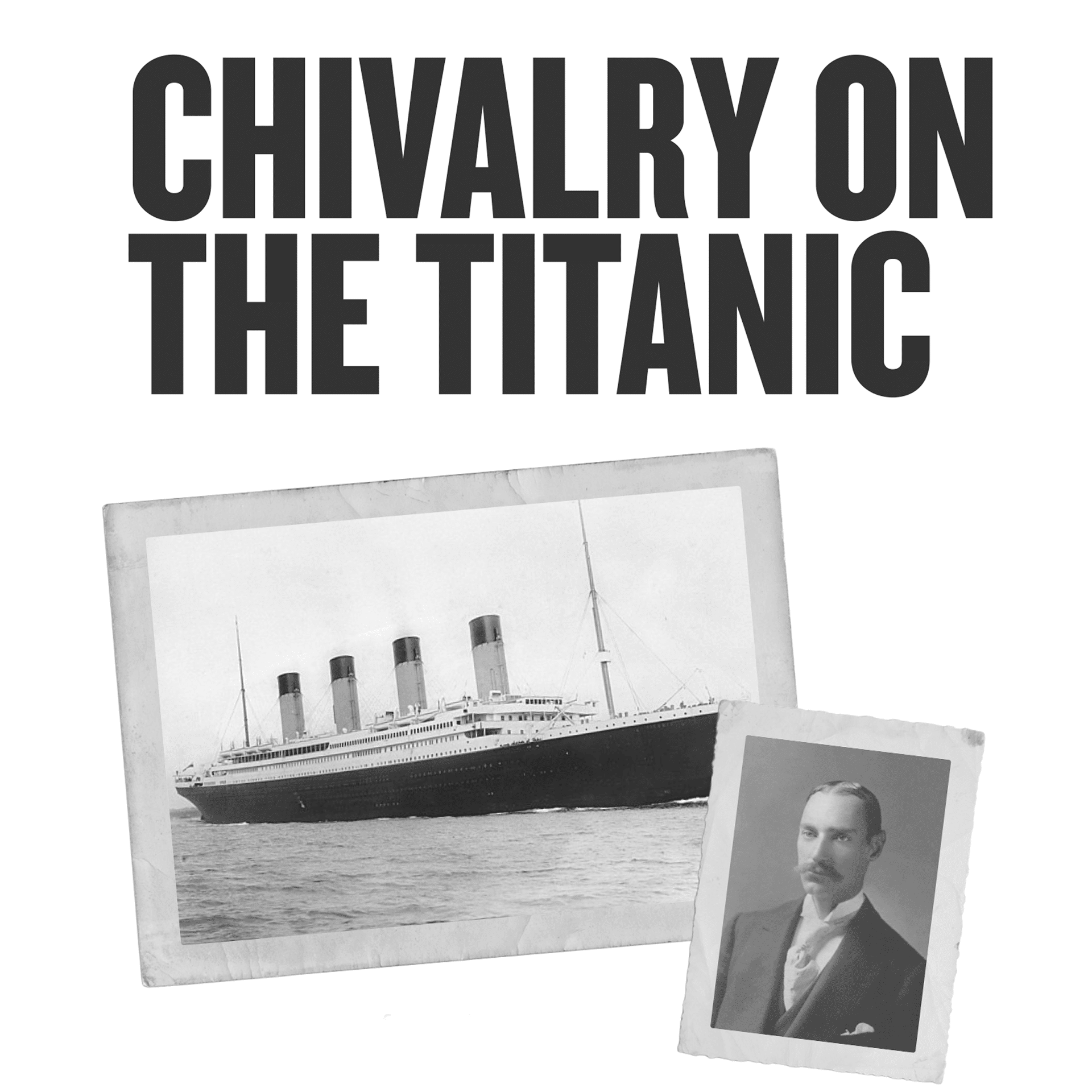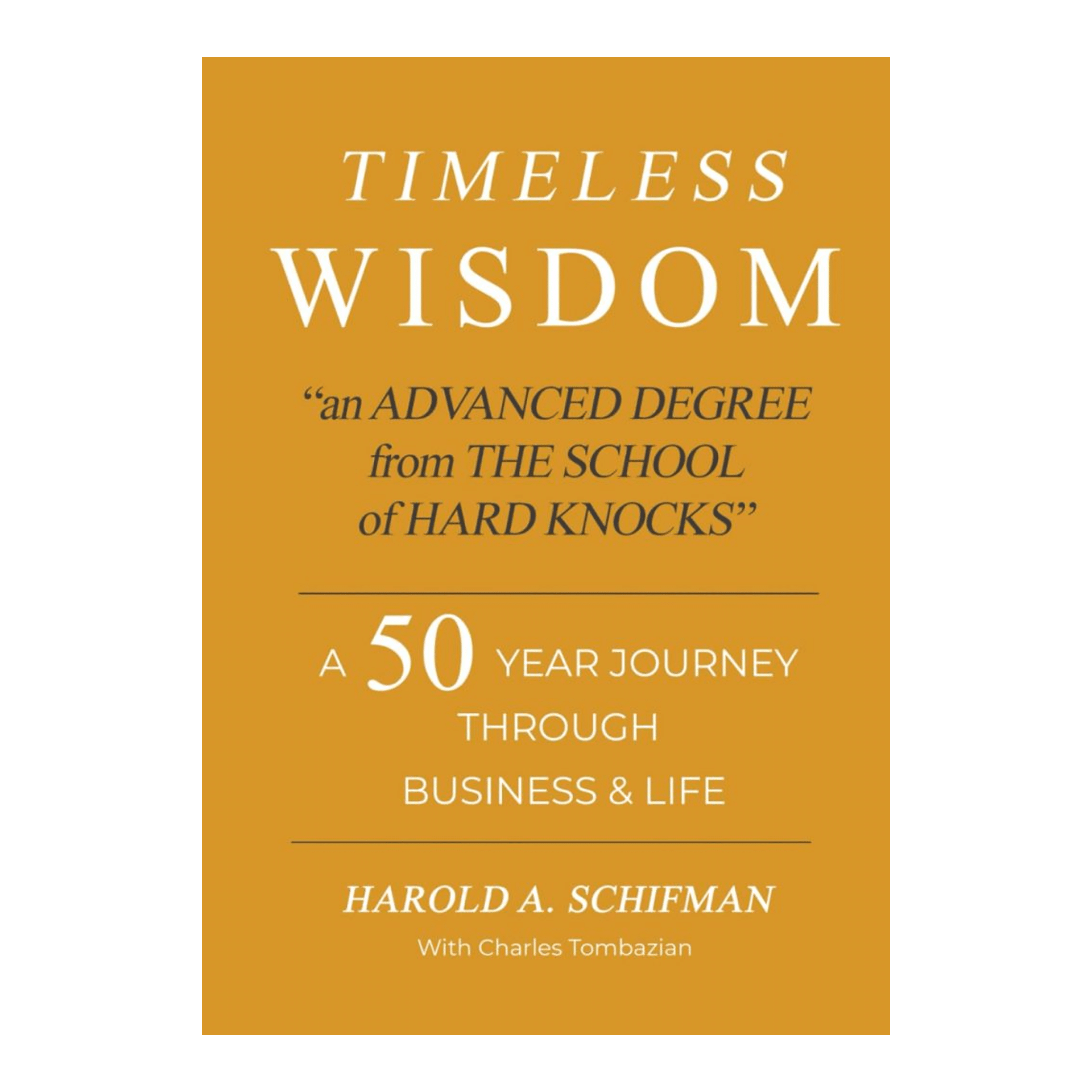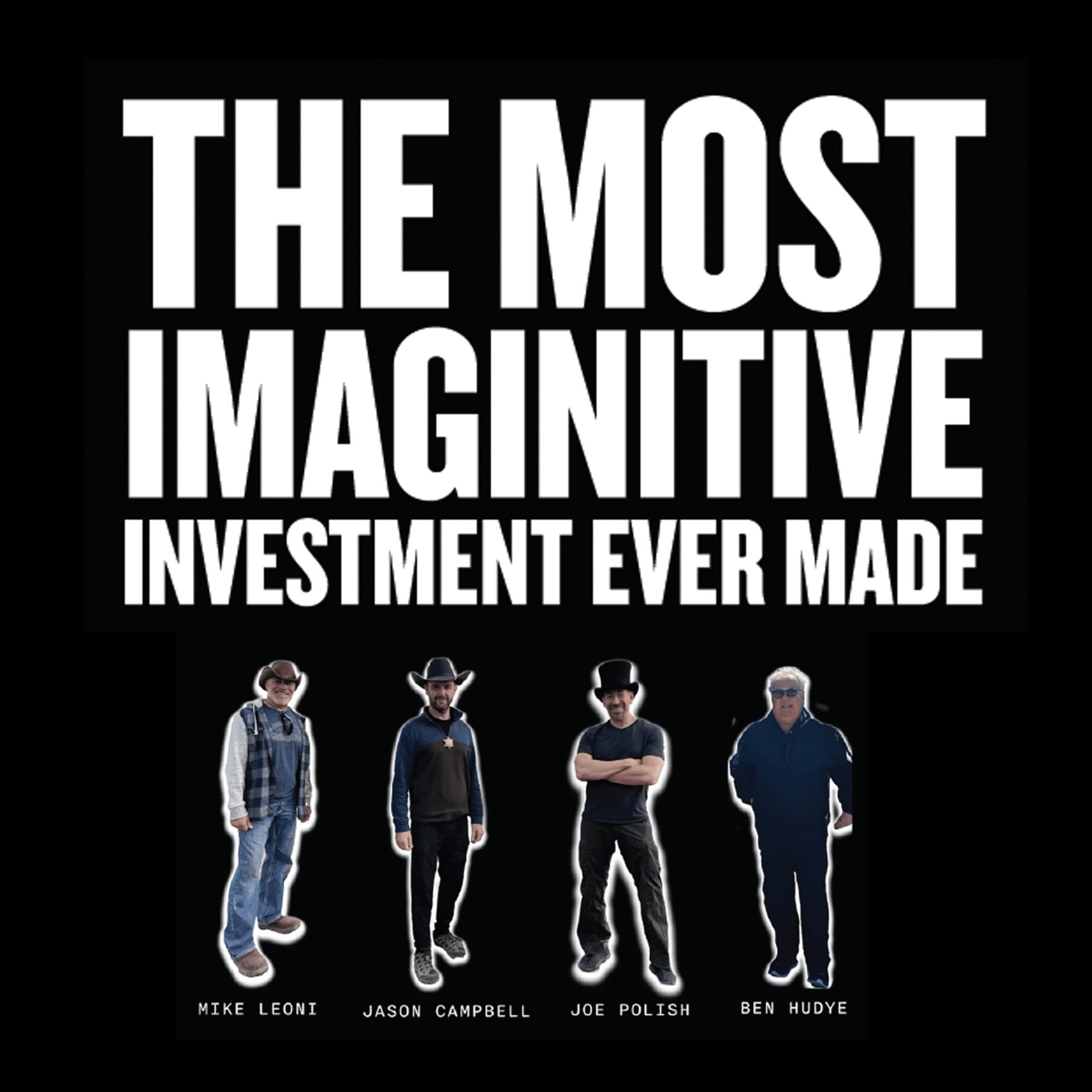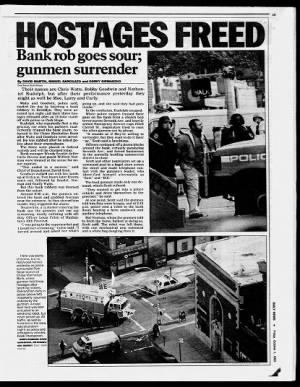Joel Osteen is among the most successful televangelists of all time. His sermons are viewed by millions of Americans, and are broadcast in over 100 countries. His ministry’s annual revenues are hundreds of millions of dollars.
A prolific author, Joel has produced a string of #1 best sellers. Barbara Walters named him one of the year’s “Ten Most Fascinating People” back in 2006.
Joel learned the danger of being a high profile pastor back in 2015. He evidently made a comment that he liked Donald Trump. Twitter lit up saying that Joel Osteen had endorsed Donald Trump. His church quickly denied the rumor pointing out “Contrary to the misinformation making the rounds on social media, pastor Joel Osteen has not endorsed any candidate for President of the United States.” Apparently churches and pastors must be careful because they can lose their non-profit status if they make political endorsements.
Joel’s path to success began four years before he was born. In 1959, his father, John Osteen, founded the nondenominational Lakewood Church in Houston, Texas. After just one semester of college, Joel returned home to produce the church’s television ministry, and continued for 17 years until January 1999, when his father unexpectedly passed away.
Suddenly, Lakewood Church was adrift without its founding pastor. Despite his father’s encouragement, Joel had always worked behind the scenes and had preached just once, a week before his father’s death.
After his father’s death Joel realized that the church’s very survival depended on his ability to inspire and hold the congregation together. Joel was also acutely aware that churches lived or died on weekly sermons. It was about thirty minutes each week with everything on the line. In his father’s memory, and with the survival of the church on the line, Joel stepped up to the challenge.
Joel’s strategy?
He went beyond “all in.” No telephone. NO email. NO errands. NO social. He asked that everything believers could do for him be taken care of. Why? The church’s continued existence relied on his ability to deliver thirty remarkable minutes on Sunday each week.
Joel’s schedule?
Tuesday through Friday, ten hours a day, was devoted solely to writing and perfecting his Sunday sermon. He allowed NO interruptions. That’s more than one hour for each minute he was planning to preach.
Saturday, the day before the sermon, was dedicated to ten solid hours of rehearsal. Then on Sunday, Joel delivered his sermon.
After the church service ended each Sunday, Joel would devote the day exclusively to his family. The following day, Monday, was a family day as well.
Joel has attributed much of his success back then to his decision to structure his life, have a singular focus on what mattered most, and to have the discipline to say NO to distractions.
***
A few years ago I met Darren Hardy, former publisher of SUCCESS magazine. We were attending a seminar at the Beverly Wilshire Hotel in Los Angeles.
What Darren shared with me that day aligned with the Joel Osteen story. His message was about the importance and power of saying “NO.” Darren commented on how many other mega-successful people had adopted this philosophy.
Steve Jobs:
“Deciding what not to do is as important as deciding what to do.”
Warren Buffet:
“For every 100 great opportunities that are brought to me I say NO 99 times.”
(and my personal favorite)
Peter Drucker:
“There is nothing so useless as doing efficiently that which should not be done at all.”
Darren also told me about his Strategic Priority Rule of Three. He said you should never have more than three priorities at any one time. This includes personal as well as professional. He called them the “3 Ps.”
To determine your 3 Ps, decide what you do best and narrow your vision to three. Leverage your time on what you do best, then delegate or discontinue the rest. As Darren eloquently noted, “Everything you DO is keeping you from doing what you SHOULD be doing.”
Bestselling author Jim Collins explained, “If you have more than three strategic priorities, you don’t have any.”
The big N-O may be the most important word we have. Our success may be more dependent on what we NO than what we KNOW.
Darren Hardy summed it up well:
“Yes is the easy. NO is the master skill.”

